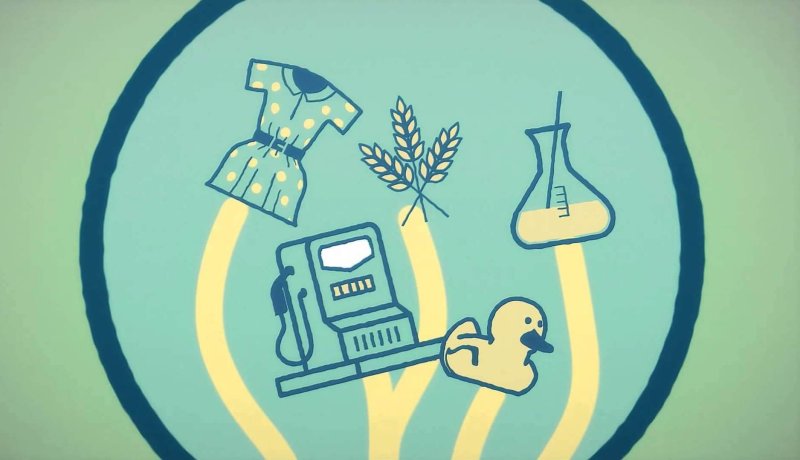The discovery of DNA and new developments in information and nanotechnology provide the foundation for a new agricultural revolution that will enhance productivity and reduce, or even eliminate, some of the negative side effects of agricultural production. Furthermore, they provide the foundation for a new bioeconomy that will expand the range of products derived from agricultural and natural resource sectors to provide feedstock for fuel, fiber, and fine chemicals. … The notion of sustainable development that would allow improvement of human welfare globally, while sustaining and improving environmental quality of our planet depends on a progressive and advanced agrifood sector and an effective and efficient bioeconomy.
…
Modernization of agriculture requires investing in and expanding educational systems to improve the capabilities of consumers and farmers. There is a growing commitment to significant and sustainable investment in research, extension, technology transfer, and expansion of the model of the educational-industrial complex around the world. While developing regions are likely to be the major beneficiary of new discoveries with agricultural biotechnology, they haven’t gained much from this new capability because of restrictive regulations. Science-based regulations that balance benefits with risks will lead to adoption of and development of new agricultural capabilities and allow developing countries to better address their resource challenges.
Editor’s note: David Zilberman is a professor in the Agricultural and Resource Economics Department at the University of California – Berkeley
Read full, original post: Guest commentary – Agriculture as economic development































